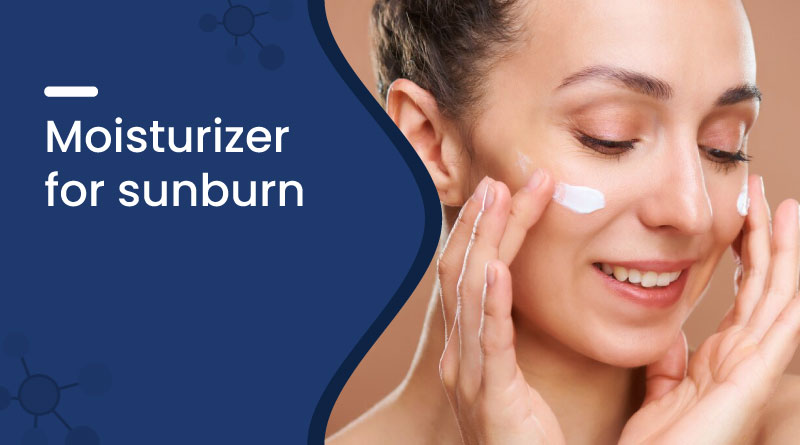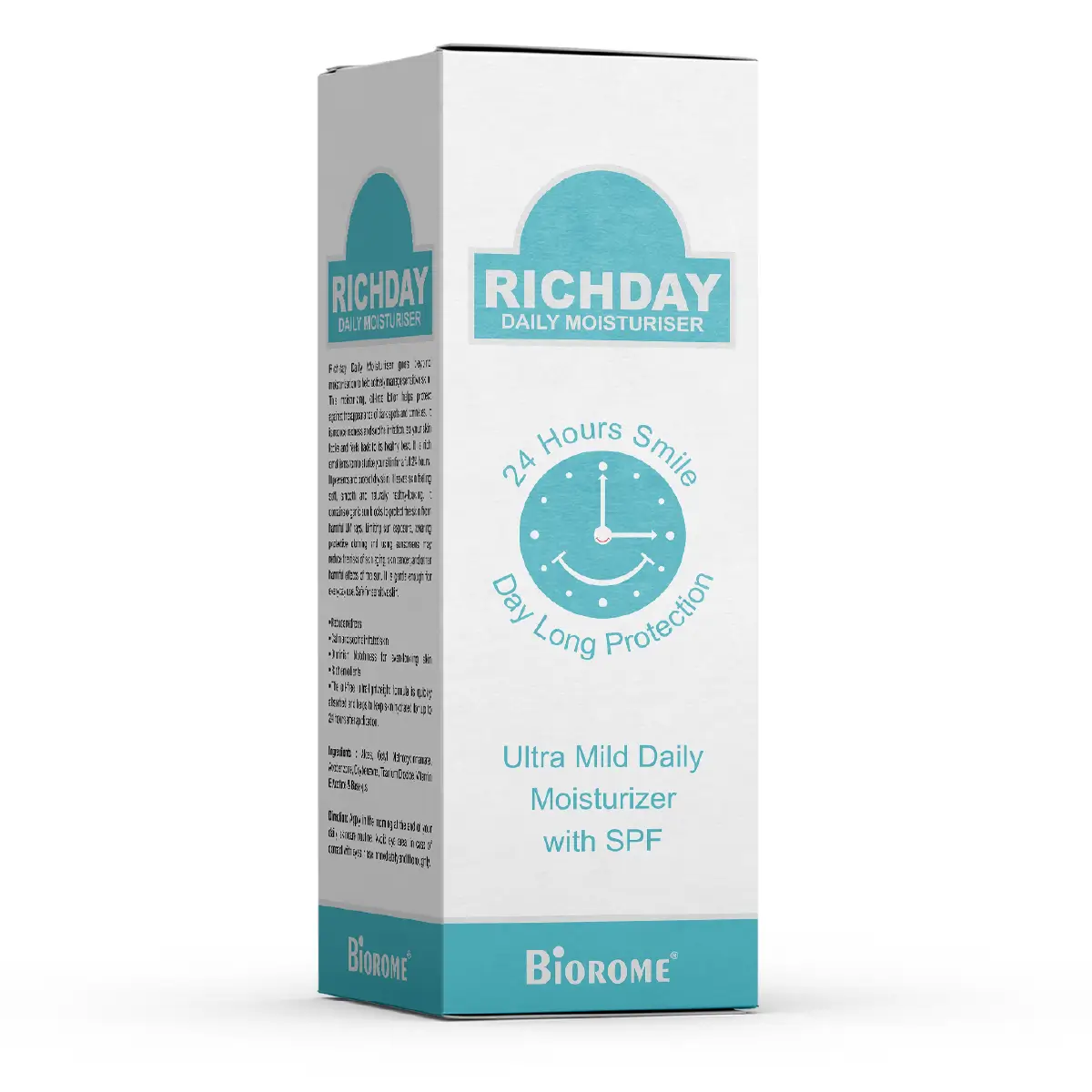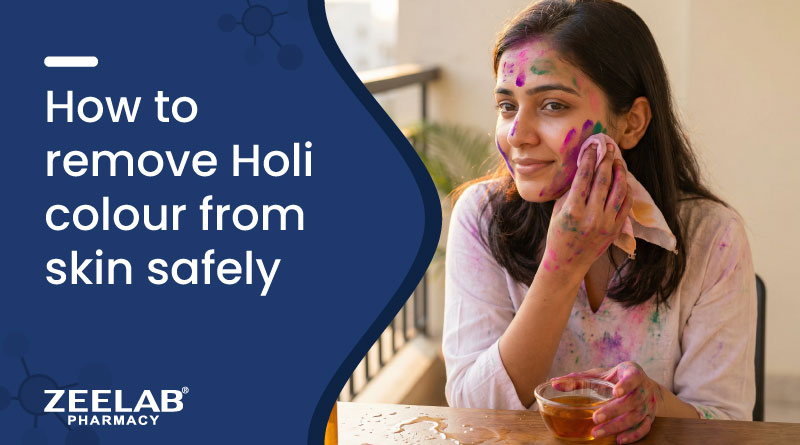Best Moisturizer for Sunburn


Sunburn is a common skin problem, especially during summer or after too much time in the sun. It can cause redness, blisters, and peeling of the skin. Using a good moisturizer for sunburn can calm your skin and speed up healing. Moisturizers help cool the burn, reduce dryness, and protect your skin from more damage. Let’s explore how and why you should use one.
Unlike regular moisturizers, these are free from harsh chemicals, fragrances, or alcohol that could worsen your sunburn.
Why is Moisturizer Important for Sunburn?
When your skin burns from the sun, it loses moisture quickly. This leads to peeling, itching, and tightness. A moisturizer replaces lost water and soothes the burning feeling. It also prevents your skin from drying out, which helps avoid scarring or further damage.
Using the right moisturizer gives your skin a chance to heal faster and feel more comfortable during recovery.
How Does Moisturizer Help in Sunburn Recovery?
- Soothes burning and itching: Calms inflamed and irritated skin.
- Rehydrates dry skin: Replaces the lost moisture caused by sun exposure.
- Supports skin repair: Helps the skin regenerate and repair faster.
- Reduces peeling: Lessens the flaking and shedding of damaged skin layers.
- Acts as a barrier: Protects from bacteria and further irritation.
Recommended Moisturizer for Sunburn Relief
| Product Name | Link | Why It's Useful |
|---|---|---|
| Richday Daily Moisturiser | View Product | Lightweight moisturizer that hydrates and soothes dry, sunburned skin without irritation. Ideal for post-sunburn skin repair. |
How to Use Moisturizer on Sunburned Skin
- Cool your skin first: Rinse the affected area with cool water (not cold or icy). This calms the heat.
- Pat your skin dry: Use a soft towel and avoid rubbing.
- Apply moisturizer gently: Use clean hands and apply a thin layer. Do not massage hard—just pat gently.
- Repeat 2–3 times daily: Apply it in the morning, after bathing, and before bed for best results.
- Avoid makeup or heavy skincare: Let your skin breathe during the recovery period.
Best Ingredients to Look for in a Sunburn Moisturizer
- Aloe Vera – Reduces redness, hydrates, and calms the skin.
- Glycerin – Locks in moisture and prevents dryness.
- Ceramides – Restore the skin barrier.
- Calendula – Heals damaged skin naturally.
- Panthenol (Vitamin B5) – Repairs and hydrates the skin.
- Green Tea Extract – Fights inflammation in the body and free radicals.
Note: Avoid moisturizers containing alcohol, artificial scents, or exfoliating acids like glycolic or salicylic acid.
Precautions & Side Effects of Moisturizers for Sunburn
- Do a patch test before full use, especially for sensitive skin.
- Avoid thick creams or ointments that trap heat.
- Don’t apply to open blisters or bleeding areas.
- Discontinue use if you get rashes, itching, or burning.
- Consult a doctor if the burn area is severe or covers an area that has pus.
Frequently Questions Asked
Q. What is the best time to apply moisturizer after sunburn?
A. Apply it soon after washing your face or taking a shower. Moist skin absorbs products much better and keeps moisture locked in.
Q. Why is aloe vera good for sunburn?
A. Aloe vera has natural cooling and anti-inflammatory properties. It hydrates the skin, relieves pain, and speeds up healing.
Q. Can I use body lotion as a moisturizer for sunburn?
A. It depends. Some body lotions contain fragrances or alcohol that can irritate sunburn. Use only gentle, fragrance-free, soothing lotions.
Q. How long should I use moisturizer after sunburn?
A. Use it daily until your skin feels normal again—usually 3 to 7 days. Continue even after peeling stops to keep skin healthy.
Q. What should I avoid when treating sunburn?
A. Avoid any scrubbing, exfoliating, hot showers, or tight clothes. Don’t try to pop blisters or peel the skin forcefully—it can further increase damage.
Quick Tips for Faster Sunburn Healing
- Stay hydrated – Drink plenty of water.
- Wear loose clothes – To avoid friction on the burn.
- Stay in the shade – Let your skin heal naturally.
- Use cold compresses – To reduce heat and swelling.
- Eat healing foods – Include fruits rich in Vitamin C and E.
Conclusion: Let Moisturizer Help You Heal Naturally
A moisturizer for sunburn isn’t just skincare—it’s sunburn aftercare. It cools, calms, and supports skin healing. Choosing the right moisturizer and using it regularly can reduce pain, speed up recovery, and protect your skin from long-term damage.
Remember, the best treatment is prevention—always wear sunscreen and limit sun exposure. But when sunburn happens, a good moisturizer can be your skin’s best friend.
Aloe Vera + Octyl Methoxycinnamate + Avobenzone + Oxybenzone + Titanium Dioxide + Vitamin E
100ml in 1 tube
Recent Blogs
Disclaimer : Zeelab Pharmacy provides health information for knowledge only. Do not self-medicate. Always consult a qualified doctor before starting, stopping, or changing any medicine or treatment.
Related Products
Need Medicines Quick?
Share location to check quick delivery serviceability.
Change Location
Location Access Needed
Your location appears to be blocked or disabled.
Please enable the location from your browser or
device settings.

₹ 0
0
Items added
Quick Links
Categories
Our Policies
2026 Copyright By © Zeelab Pharmacy Private Limited. All Rights Reserved
Our Payment Partners

 Added!
Added!
|
|














